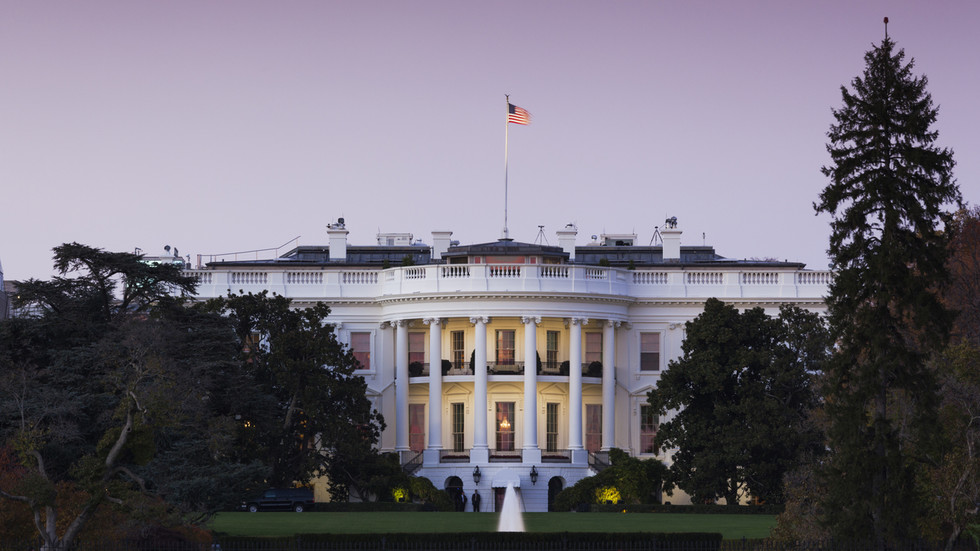COTIJA, Mexico -- Mexico’s drug cartels and gangs appear to be playing a wider role in Sunday’s elections that will determine the presidency, nine governorships and about 19,000 mayorships and other local posts.
The country’s powerful drug cartels have long staged targeted assassinations of mayoral and other local candidates who threaten their control. Gangs in Mexico depend on controlling local police chiefs, and taking a share of municipal budgets; national politics appear to interest them less.
But in the runup to Sunday’s vote, gangs have increasingly taken to spraying whole campaign rallies with gunfire, burning ballots or preventing the setting up of polling stations — even putting up banners seeking to influence voters.
Security analyst David Saucedo says it's likely some drug gangs will try to force voters to cast ballots for their favored candidates.
“It it is reasonable to assume that the cartels will mobilize their support bases during Sunday's elections,” Saucedo said. “They have loyal voters who they have won over through the distribution of food packages, cash, medicine and infrastructure projects. They will use them to support narco-candidates.”
In some places, it appears the gangs are encouraging people to vote while discouraging voting in areas controlled by their rivals.
On Friday, electoral authorities reported that assailants burned a house where ballots were being stored ahead of Sunday in the violence-wracked town of Chicomuselo, in the southern state of Chiapas. While they did not say who was behind the attack, the town is completely dominated by two warring drug cartels, Jalisco and Sinaloa.
On May 14, gunmen apparently linked to a cartel shot and killed 11 people in a single day in Chicomuselo. On May 17, five people were killed along with a mayoral candidate when gunmen opened fire on a crowd in the town of La Concordia, Chiapas, about 45 miles (75 kilometers) east of Chicomuselo.
Targeted assassinations of local candidates continued. On Wednesday, dramatic video images showed a mayoral candidate in the southern state of Guerrero being shot in the head at point-blank rage with a pistol.
And mass attacks on campaign rallies, once exceedingly rare in Mexico, are becoming common.
Also on Wednesday, the last official day of campaigning, unidentified gunmen opened fire a couple of blocks away from a mayoral candidate's final campaign rally in the western state of Michoacan, sending hundreds of people scrambling for safety.
“It seemed like a normal evening, like the campaign closers of other candidates,” said Angélica Chávez, a homemaker who was at the rally in Cotija. “Then there were gunshots, several rounds of gunfire very close. And then people started running and diving to the ground, crouching.”
Chávez was hurt in the stampede and had to take refuge in a local church.
In Celaya, a city in Guanajuato, gunmen opened fire on a campaign event in April, killing a mayoral candidate and wounding three of her supporters.
Saucedo, the analyst, sees the shootings as a sign that narco gangs are no longer willing to see their handpicked candidates lose.
“Rather than allow the victory of a candidate who is not in line with their criminal interests, or allow a candidate linked to a rival drug gang to win, they use this tactic,” Saucedo said. “What we're seeing in the final stretch is pretty desperate strategy on the part of some groups of drug traffickers.”
Saucedo said that such attempts at narco-control of local politics had been seen previously in some particularly violent states, like Tamaulipas. “What was once limited ... is now spreading to include the whole country,” he said.
The National Electoral Institute says it has had to cancel plans for 170 polling places, mostly in Chiapas and Michoacan and mostly because of security problems. In Chiapas, electoral authorities say there are places they can't even go to.
In the northern border city of Nuevo Laredo, a shadowy group that local media reports link to the dominant Northeast drug cartel has put up posters claiming one mayoral candidate is linked to the rival Gulf drug cartel.
Authorities have not confirmed the origin of the crude poster, which includes a photoshopped image of the candidate waving an assault rifle and wearing a bulletproof vest with the Gulf cartel's insignia.
In the state of Morelos, just south of Mexico City, residents awoke this week to find a banner strung over a road claiming a gubernatorial candidate was tied to rival drug gangs. The banner was signed by a local drug boss whose name is unknown, “the Commander of the Three Letters.”
Another apparently gang-related banner threatened that anyone trying to buy votes would be “punished severely.” That banner was signed by “Those who have always called the shots here.”
Such events appear to indicate that past calculations by the cartels — take out the strongest candidate you don't like, and the remaining major-party candidate will win by default — have become more complicated.
In one town in Michoacan, Maravatio, the gangs apparently tried to eliminate any doubts as to who will win this year and killed off three candidates for town mayor who were not to their liking.
___
Sánchez reported from Mexico City. Associated Press writers Mark Stevenson in Mexico City and Edgar H. Clemente in Tapachula, Mexico, contributed to this report.

 5 months ago
28
5 months ago
28








